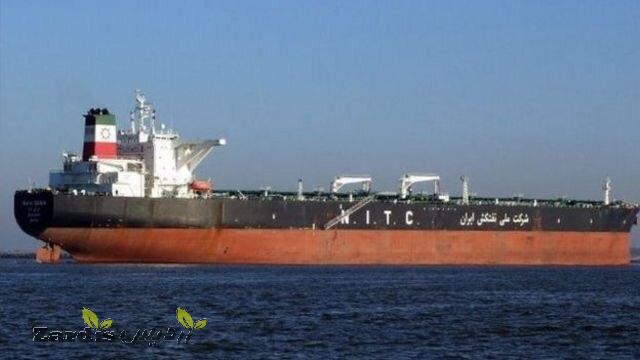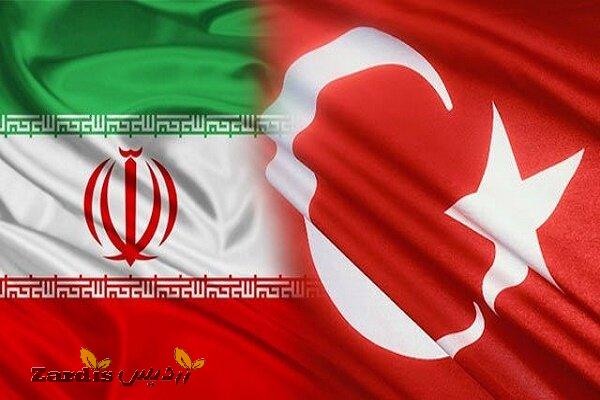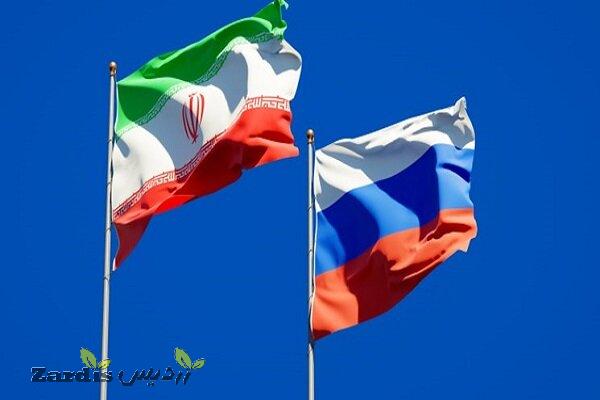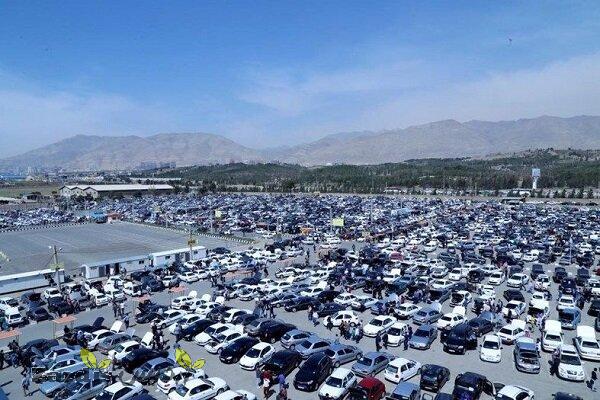TEHRAN — The first tanker carrying fuel for Lebanon has left Iranian waters.
The Lebanese Hezbollah vowed last week that Iran was sending fuel to Lebanon which is facing economic collapse and serious shortages of fuel for essential services. The first tanker has left now and must sail to the Suez Canal before reaching the Mediterranean.
Hezbollah leader Seyyed Hassan Nasrallah has threatened retaliation if anyone tries to interfere with the shipment and has said the tankers bringing fuel are considered Lebanese territory.
Nasrallah dropped a bombshell when he announced that an oil tanker carrying Iranian fuel oil was bound for Lebanon. Addressing a commemorative ceremony marking the Day of Ashura, Hezbollah’s chief announced that the first of several ships loaded with fuel would sail from Iran to Lebanon within hours, warning the United States and Israel against any sabotage.
“Our first ship has completed all arrangements and will sail within hours from Iran to Lebanon with the blessing of Imam Hussein (peace be upon him),” he said, noting, “This ship will be followed by other ships, but we gave priority to diesel oil on the first ship because it is a top priority and is linked to people’s lives.”
In a stark warning to Washington and Tel Aviv, which oppose any fuel trade between Tehran and Beirut, Nasrallah declared that the ship will be considered as a Lebanese property the moment it leaves Iran and that any aggression against it would be seen as an aggression against Lebanon. “God willing, this ship and others will arrive safely; we don’t want confrontation with anyone. We are only after helping our people… We reject to be humiliated in any military, political or economic war. We refuse the humiliation of our people, let no one dare to challenge us,” he asserted.
The announcement made the U.S. ambassador to Lebanon to scramble to find a way to prevent Lebanon from importing fuel from Iran. The ambassador, Dorothy Shea, rushed to speak with Lebanese President Michel Aoun hours after Nasrallah’s announcement.
“President Aoun received a phone call from the U.S. Ambassador to Lebanon, Dorothy Shea, informing him of the U.S. administration’s decision to help Lebanon import electricity from Jordan through Syria through Egyptian gas,” the Lebanese presidency said on Twitter. It also quoted Shea as saying that “transfer of Egyptian gas will be facilitated through Jordan and Syria to northern Lebanon.”
Shea also told Aoun that negotiations are underway with the World Bank to secure financing for the cost of Egyptian gas, the repair and strengthening of electricity transmission lines, and the required maintenance of gas pipelines.
The U.S. ambassador’s conversation marked the return of her anti-Hezbollah media activism. During the Trump administration, Shea had launched a propaganda campaign against Hezbollah in parallel with the Trump White House, tightening the noose on Hezbollah.
If Lebanon is now in an economic tailspin, it’s largely because of the U.S. continued efforts to prevent any economic cooperation with Beirut under the pretext of combating Hezbollah’s influence. U.S. Arab allies in the region, who once helped Lebanon financially, have refrained from providing any aid to the religiously diverse Arab country.
Then there was the Iranian helping hand. Iran has always offered to help the Lebanese people. But political factionalism and malign foreign influence in Beirut have stood in the way of Iranian help.
Nasrallah announced the import of Iranian fuel only after the fuel crisis in Lebanon reached new heights with almost all Western countries and their Arab allies refusing to alleviate the crisis.
SA/PA
Zardis news | The latest news of Iran and the world
All rights reserved for "Zardis news"It is protected and any copying without mentioning the source is prohibited.
Pursuant to Article 12 of Chapter 3 of the Cybercrime Law, copying the format and content will be prosecuted.







